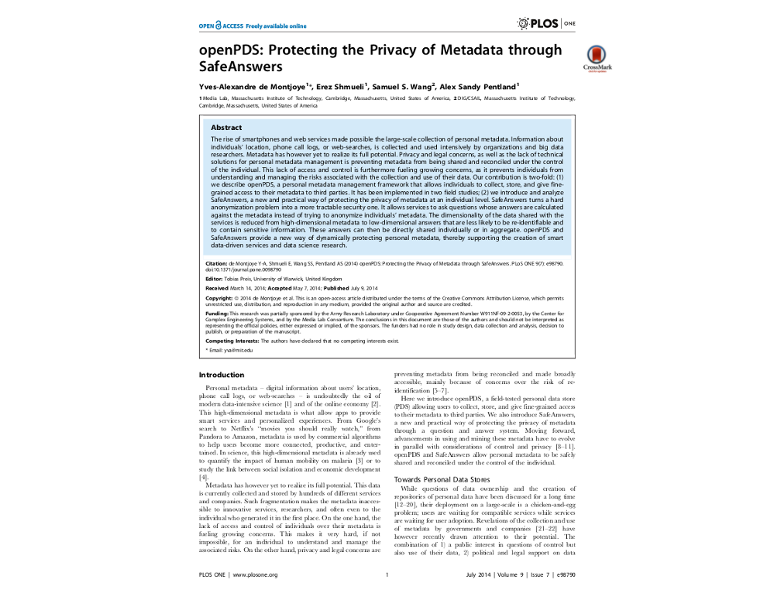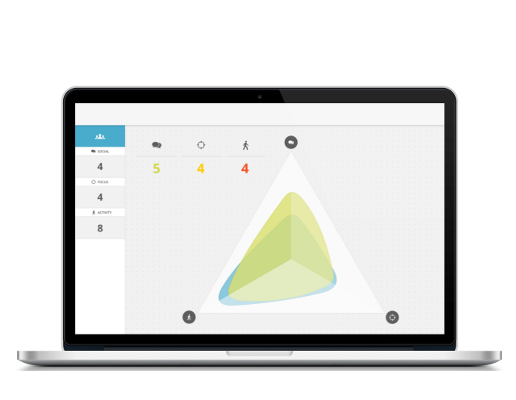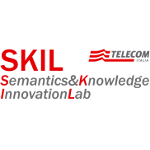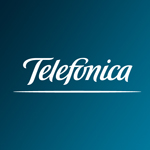
Philosophy In line with current policy thinking
openPDS/SafeAnswers allows users to collect, store, and give fine-grained access to their data all while protecting their privacy.
With the rise of smartphones and their built-in sensors as well as web-apps, an increasing amount of personal data is being silently collected. Personal data–digital information about users’ location, calls, web-searches, and preferences–is undoubtedly the oil of the new economy. However, the lack of access to the data makes it very hard if not impossible for an individual to understand and manage the risks associated with the collected data. Therefore, advancements in using and mining this data have to evolve in parallel with considerations about ownership and privacy.
Many of the initial and critical steps towards individuals data ownership are technological. Given the huge number of data sources that a user interacts with on a daily basis, interoperability is not enough. Rather, the user needs to actually own a secured space, a Personal Data Store (PDS) acting as a centralized location where his data live. Owning a PDS would allow the user to view and reason about the data collected. The user can then truly control the flow of data and manage fine-grained authorizations for accessing his data.
Publications and Selected Press
- openPDS: Protecting the Privacy of Metadata through SafeAnswers, PLoS One, 10.1371 (2014)
- On the Trusted Use of Large-Scale Personal Data, IEEE Data Engineering Bulletin, 35-4 (2012)
- Big Data Is Opening Doors, but Maybe Too Many, The New-York Times
- Baratunde in Real Time with Bill Maher
- A Radical Proposal For Putting People In Charge Of Their Data, Fast Company
- Now you see me, Now you don't, Significance - Royal Statistical Society
- ACLU: AT&T Customer Privacy at Risk, Wall Street Journal - CIO Journal
- Lock your digital life away in your own private bank, BBC
- The Global Information Technology Report 2014, World Economic Forum
- Own your own data, MIT News
- Big Data : pourquoi nos métadonnées sont-elles plus personnelles que nos empreintes digitales ?, Le Monde
- Private data gatekeeper stands between you and the NSA, New Scientist
- MIT Wants You To Own Your Own Data, Not Give It Away, New Scientist
- MIT-designed system lets you take control of your data, Wired (UK)
- Getting More Value from Cell-Phone Data, Technology Review
- openPDS software focuses on control of personal data, Phys.org
- How to stop the NSA spying on your data, New Scientist
- Why the collision of big data and privacy will require a new realpolitik, GigaOM
- 3 Projects Prove Privacy Is Not Dead, Scientific American
- Reiventing Society in the Wake of Big Data, The Edge
Press:
as well as Phys.org, Vice.com, Science Daily, Radio Canada (1, 2) (FR), Trends Tendance (FR), T3N (DE)
Visuals
Our vision
We believe that a a New Deal on data is needed. When it comes from data, "ownership" should to be thought of according to the old English common law. Data ownership would therefore be defined as the rights of possession, use, and disposal instead of a literal ownership.
Current thinking
Discussions on such changes and their implications for privacy must also take into account the current political and legal context. We developed openPDS to be the reference implementation of the policies proposed by the National Strategy for Trust Identities in Cyberspace (NSTIC), The Department of Commerce Green Paper, and the Office of the President’s International Strategy for Cyberspace. openPDS/SafeAnswers implementation is also aligned with the European Commission’s 2012 reform of the data protection rules. This reform states individuals’ right to be forgotten, to have easier access to their data, and to be able to easily transfer them. These recommendations, proposed reforms, and regulations all recognize the increasing need for personal data to be under the control of the individual as he is the one who can best mitigate associated risks
Rules
The system rules and participation agreements address the need for harmonized business, legal and technical measures to enable distributed and interoperable systems such as openPDS/SafeAnswers. The latest version of the documents are available on our GitHub repository, where the current research and development on the legal and software code is openly available for public access and re-use.






















